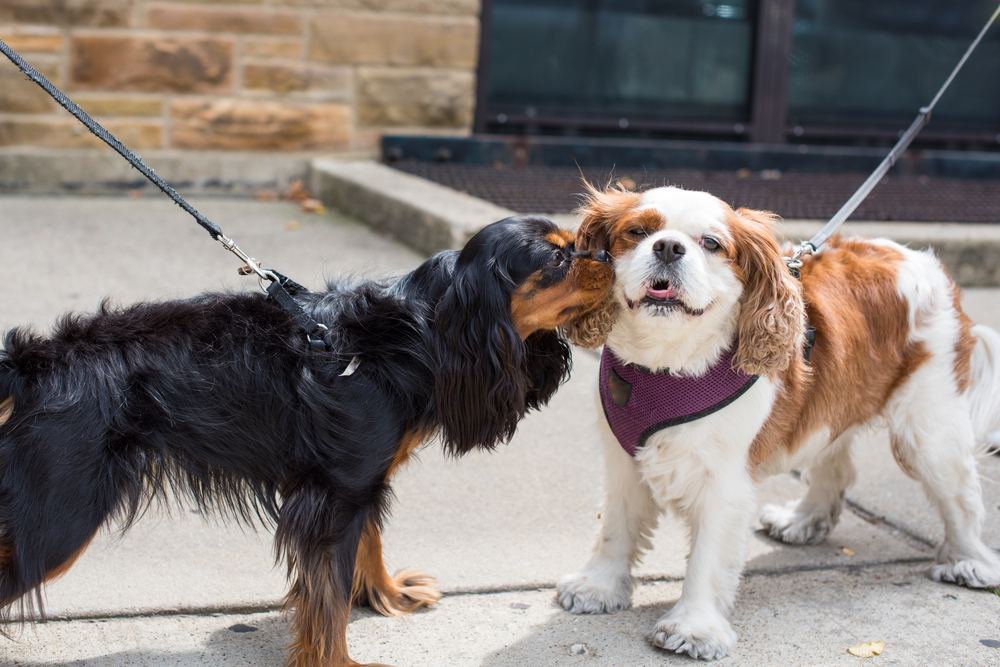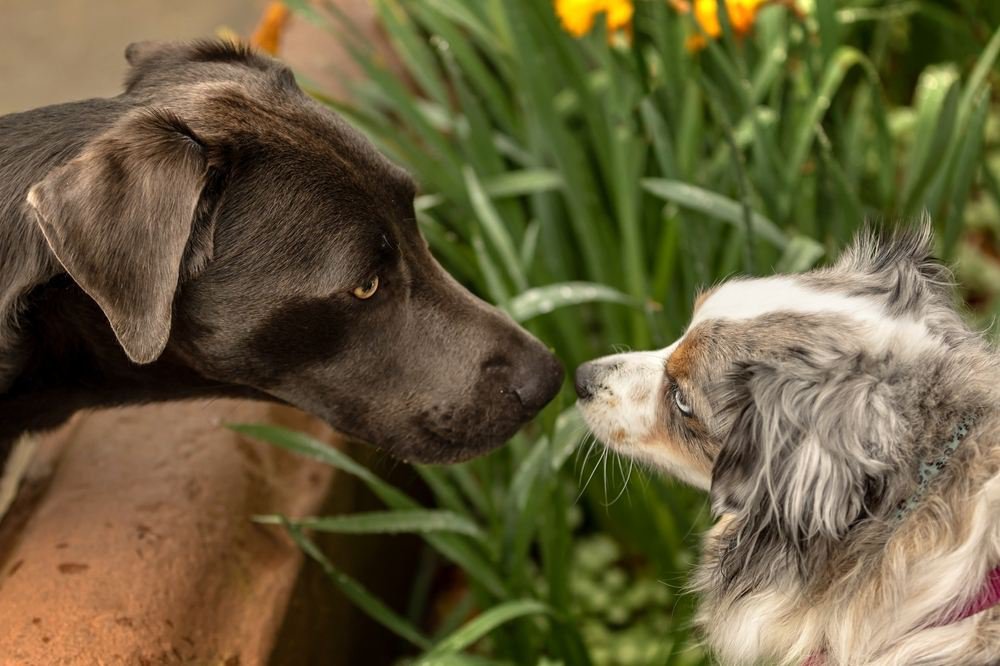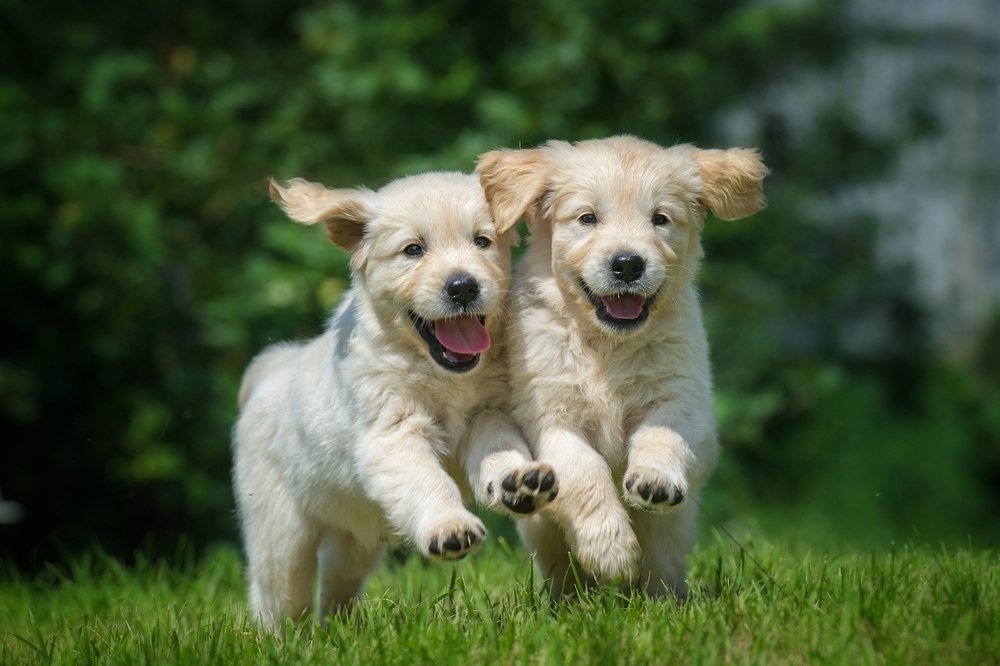Puppy Body Language 101
Puppy Body Language 101

Puppies are experts in using their bodies to express emotions, needs, and even concerns. Grasping puppy body language is not just essential for fostering a strong bond but also holds a key role in ensuring their overall well-being and happiness. Understanding puppy body language is an essential skill for every pet owner. By becoming attuned to their non-verbal cues, pet parents can effectively communicate with their furry companions and address their needs promptly.
A puppy’s tail wagging is often associated with happiness. A loose and wide tail wag with a relaxed body usually indicates that the puppy is happy and excited. While tail wagging is often associated with happiness and friendliness, it's essential to consider the entire body language of the puppy to understand its true meaning. A slightly raised tail wag with an inquisitive expression may indicate curiosity. A stiff and rapid tail wag, especially when paired with growling or other signs of aggression, can be a warning sign that the puppy is feeling agitated or defensive. Remember that tail wagging is just one aspect of a puppy's body language, and it should be considered along with other signals, such as facial expressions, ear position, body posture, and vocalizations.
The position of your puppy's ears can be a reliable indicator of their emotional state and is a crucial part of their body language. When a puppy's ears are standing tall and facing forward, it generally indicates that they are alert, curious, and interested in their surroundings. Ears pressed flat against the head usually suggest fear, anxiety, or submission. Your puppy may exhibit this body language when faced with a new or intimidating situation. When a puppy's ears are in their natural position, neither overly perked nor flattened, it suggests a calm and content state of mind.

Puppy body posture is a vital aspect of their non-verbal communication, and it can reveal a lot about their emotions, intentions, and overall well-being. A relaxed posture is a clear indicator of comfort and contentment. Their body will appear loose and at ease, with a gentle wagging tail. A crouched or low posture with the tail tucked between the legs signifies fear, anxiety, or submission. Pay close attention if you observe this body language, as your puppy may be feeling overwhelmed or unsure in a new or intimidating situation. The play bow is a universal invitation to fun and games in the canine world. When your puppy lowers their front end while keeping their rear end elevated, it's an enthusiastic call to play. The play bow is a clear signal that your furry friend wants to have fun and engage in play with you or other dogs. A puppy with a stiff and tense posture is likely on high alert and may feel threatened or unsure. Their muscles are tense, and they might stand rigidly, ready to react to perceived dangers. Identify the source of their discomfort and help them navigate the situation calmly.

Though our furry friends can't speak, they communicate a wealth of information vocally. Puppies use vocalizations like barking, whining, growling, and whimpering to communicate. Understanding puppy vocalizations can help pet owners respond appropriately and provide the necessary care and support to their furry friends. Each sound may have different meanings depending on the context.
For example, barking can signify excitement, attention-seeking, or alarm. Soft and repetitive whining may indicate a desire for attention, comfort, or reassurance. A low and rumbling growl may suggest that the puppy feels threatened or uneasy. It’s their way of saying they want space or are uncomfortable with a specific situation.
As a pet parent, spending time observing and getting to know your puppy's unique body language will help you better understand their needs and emotions, leading to a deeper and more fulfilling relationship. If you have questions regarding your puppy, don’t hesitate to reach out to us! The caring staff at Puppyland is here to support you on your journey as a pet parent.
